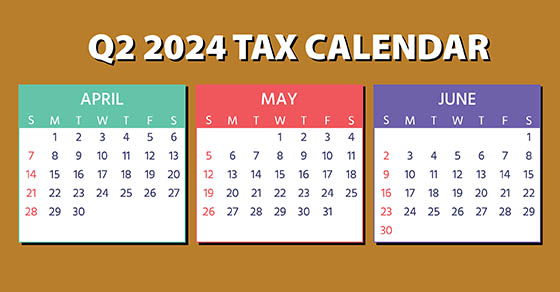If your business doesn’t already have a retirement plan, it might be a good time to take the plunge. Current retirement plan rules allow for significant tax-deductible contributions.
For example, if you’re self-employed and set up a SEP-IRA, you can contribute up to 20% of your self-employment earnings, with a maximum contribution of $69,000 for 2024 (up from $66,000 for 2023). If you’re employed by your own corporation, up to 25% of your salary can be contributed to your account, with a maximum contribution of $69,000. If you’re in the 32% federal income tax bracket, making a maximum contribution could cut what you owe Uncle Sam for 2024 by a whopping $22,080 (32% × $69,000).
Other possibilities
There are more small business retirement plan options, including:
- 401(k) plans, which can even be set up for just one person (also called solo 401(k)s),
- Defined benefit pension plans, and
- SIMPLE-IRAs.
Depending on your situation, these plans may allow bigger or smaller deductible contributions than a SEP-IRA. For example, for 2024, a participant can contribute $23,000 to a 401(k) plan, plus a $7,500 “catch-up” contribution for those age 50 or older.
Watch the calendar
Thanks to a change made by the 2019 SECURE Act, tax-favored qualified employee retirement plans, except for SIMPLE-IRA plans, can now be adopted by the due date (including any extension) of the employer’s federal income tax return for the adoption year. The plan can then receive deductible employer contributions that are made by the due date (including any extension), and the employer can deduct those contributions on the return for the adoption year.
Important: This provision didn’t change the deadline to establish a SIMPLE-IRA plan. It remains October 1 of the year for which the plan is to take effect. Also, the SECURE Act change doesn’t override rules that require certain plan provisions to be in effect during the plan year, such as the provisions that cover employee elective deferral contributions (salary-reduction contributions) under a 401(k) plan. The plan must be in existence before such employee elective deferral contributions can be made.
For example, the deadline for the 2023 tax year for setting up a SEP-IRA for a sole proprietorship business that uses the calendar year for tax purposes is October 15, 2024, if you extend your 2023 tax return. The deadline for making a contribution for the 2023 tax year is also October 15, 2024. For the 2024 tax year, the deadline for setting up a SEP and making a contribution is October 15, 2025, if you extend your 2024 tax return. However, to make a SIMPLE-IRA contribution for the 2023 tax year, you must have set up the plan by October 1, 2023. So, it’s too late to set up a plan for last year.
While you can delay until next year establishing a tax-favored retirement plan for this year (except for a SIMPLE-IRA plan), why wait? Get it done this year as part of your tax planning and start saving for retirement. We can provide more information on small business retirement plan options. Be aware that, if your business has employees, you may have to make contributions for them, too.
© 2024





